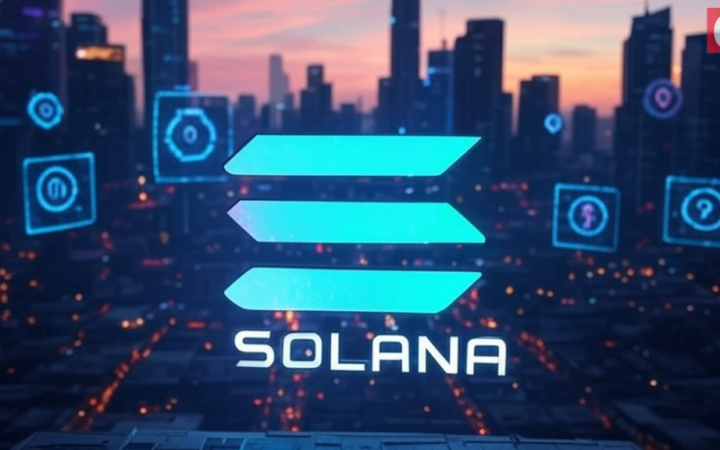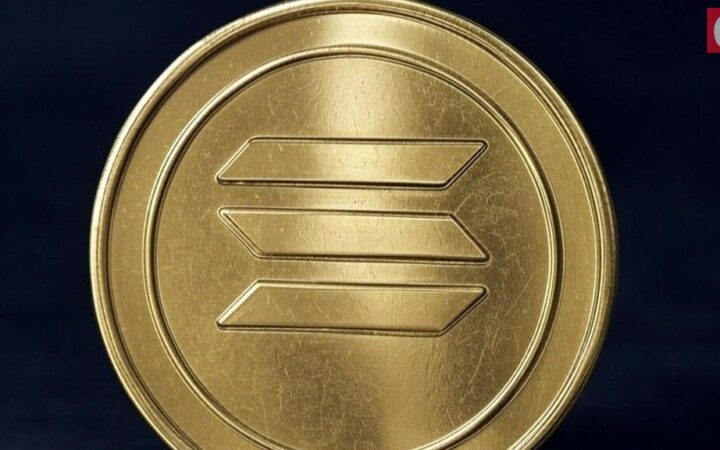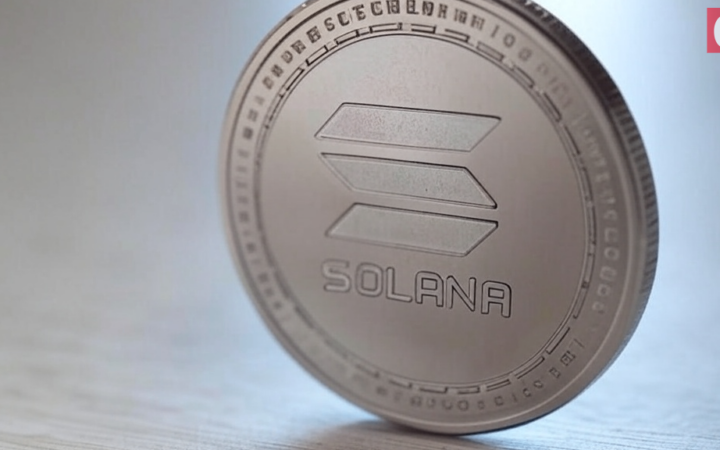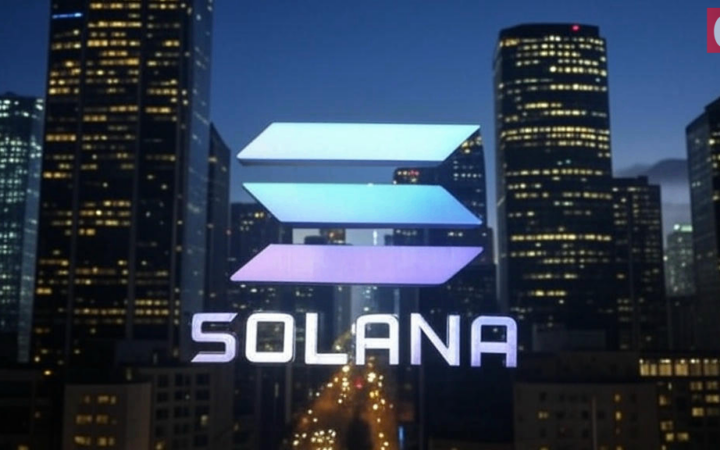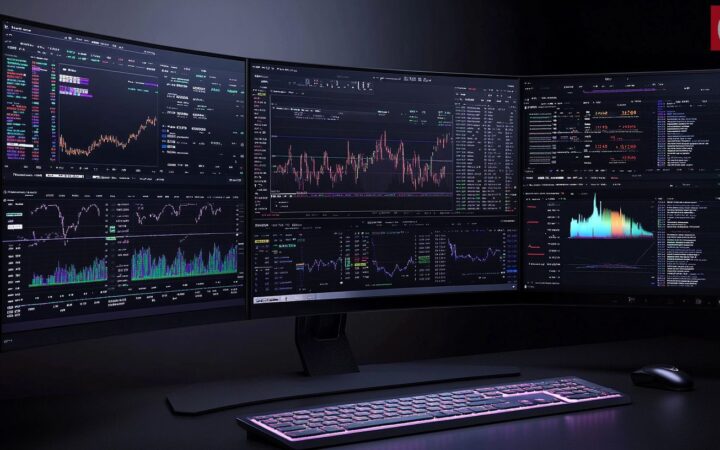
How Does RenQ Finance (RENQ) Compare to Solana (SOL)?

RenQ Finance (RENQ) and Solana (SOL) are two popular projects in the cryptocurrency market that offer unique solutions to users. While both projects operate within the decentralized finance (DeFi) space, they have different approaches and features that set them apart.
In this article, we will compare RenQ Finance and Solana to understand how they differ and how they can complement each other in the DeFi ecosystem.
Overview of RenQ Finance (RENQ)
RenQ Finance is a multi-chain decentralized exchange that provides users with a unified platform for trading on various blockchain networks. RenQ Finance offers a range of DeFi products and services, including decentralized trading, liquidity provision, and yield farming. The platform is built on a Layer 2 scaling solution, which ensures fast and inexpensive transactions for users.
One of the key features of RenQ Finance is its multi-chain interoperability. The platform allows users to trade cryptocurrencies across different blockchain networks, including Ethereum, Binance Smart Chain, and Polkadot. This feature provides users with access to a broader range of assets and improves liquidity across different networks.
RenQ Finance’s institutional-grade liquidity is another main advantage. The platform has established partnerships with major liquidity providers ensuring users have access to high levels of liquidity at all times. Moreover, RenQ Finance has undergone the CertiK audit, providing investors with confidence in the platform’s security and reliability.
In addition, RenQ Finance’s comprehensive suite of DeFi tools and institutional-grade liquidity makes it an appealing choice for developers, traders, and investors. As the DeFi market expands, RenQ Finance is poised to emerge as a key player in the space.
Overview of Solana (SOL)
Solana is a high-performance blockchain network designed to provide fast and inexpensive transactions for users. The platform is built on a unique consensus mechanism known as Proof of History (PoH), which enables fast and secure transaction processing. Solana is designed to support decentralized applications (dApps) and smart contracts, making it a popular choice among developers.
One of the key features of Solana is its high transaction processing speed, which can handle up to 65,000 transactions per second. This feature makes Solana one of the fastest blockchain networks in the market and allows for fast and inexpensive transactions.
Comparison between RenQ Finance and Solana
Both RenQ Finance and Solana offer unique solutions to users, but they differ in several ways. Here are some of the key differences between the two platforms:
- Technology: RenQ Finance and Solana use different technologies to provide fast and inexpensive transactions. RenQ Finance uses a Layer 2 scaling solution, while Solana uses a unique consensus mechanism called Proof of History (PoH).
- Interoperability: RenQ Finance offers multi-chain interoperability, which allows users to trade cryptocurrencies across different blockchain networks. Solana, on the other hand, is a standalone blockchain network.
- Use cases: RenQ Finance is primarily focused on providing decentralized trading and liquidity provision services. Solana is designed to support decentralized applications and smart contracts, making it a popular choice among developers.
- Transaction speed: While both RenQ Finance and Solana offer fast transaction processing, Solana has a higher transaction processing speed, handling up to 65,000 transactions per second.
- Tokenomics: RenQ Finance and Solana have different tokenomics structures. RenQ Finance’s RENQ token is used for trading fees and liquidity provision incentives. Solana’s SOL token is used for transaction fees and staking rewards.
In conclusion, RenQ Finance and Solana offer unique solutions to users in the DeFi ecosystem. While RenQ Finance focuses on decentralized trading and liquidity provision, Solana is designed to support decentralized applications and smart contracts.
Both platforms provide fast and inexpensive transactions, but Solana has a higher transaction processing speed. Ultimately, the choice between RenQ Finance and Solana depends on the user’s needs and preferences.
Visit the links below for more information about RenQ Finance (RENQ): Website, Whitepaper.
Disclaimer: This publication is sponsored. Coinspeaker does not endorse or assume responsibility for the content, accuracy, quality, advertising, products, or other materials on this web page. Readers are advised to conduct their own research before engaging with any company mentioned. Please note that the featured information is not intended as, and shall not be understood or construed as legal, tax, investment, financial, or other advice. Nothing contained on this web page constitutes a solicitation, recommendation, endorsement, or offer by Coinspeaker or any third party service provider to buy or sell any cryptoassets or other financial instruments. Crypto assets are a high-risk investment. You should consider whether you understand the possibility of losing money due to leverage. None of the material should be considered as investment advice. Coinspeaker shall not be held liable, directly or indirectly, for any damages or losses arising from the use or reliance on any content, goods, or services featured on this web page.

